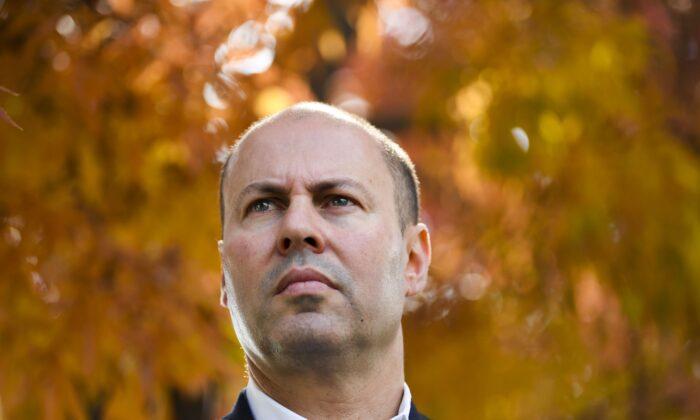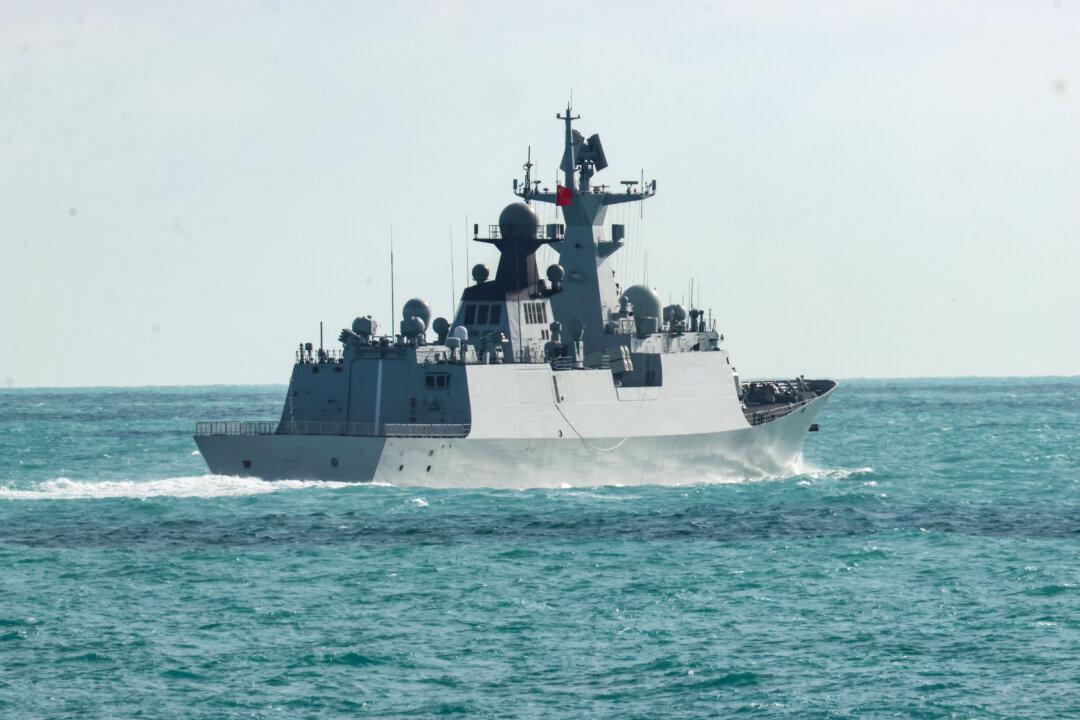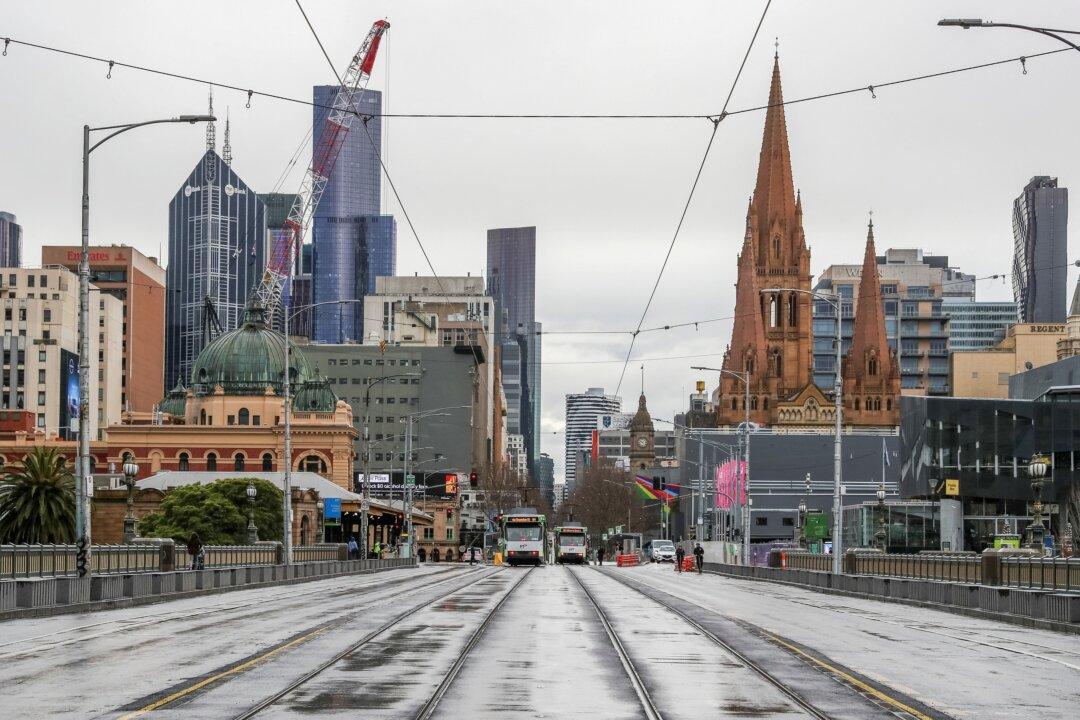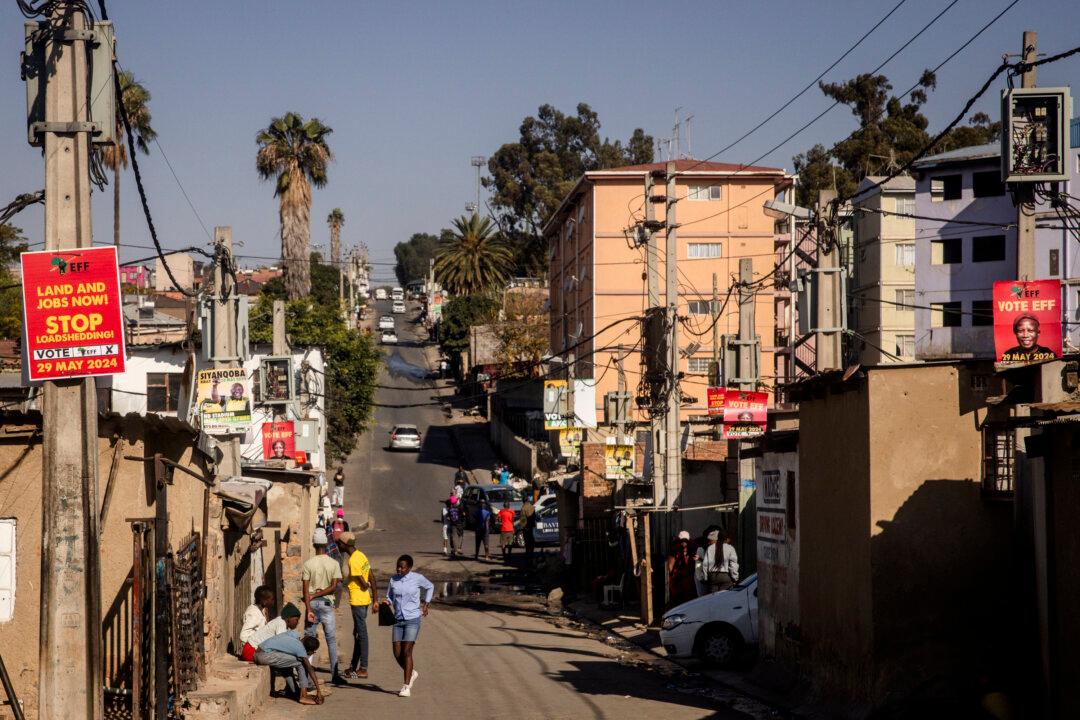Australian Federal Treasurer Josh Frydenberg says that businesses within the country are keenly aware of the need to diversify trade away from China amid increasing strategic competition with the Chinese Communist Party (CCP).
Frydenberg’s comments follow a speech he delivered last week, calling on Australian businesses to adopt a “China-plus” strategy, which would build on the strengths of existing trade links with China, and to engage other nations economically.
“I think the business community is waking up to the fact that they do need to diversify their markets. They can’t have all their eggs in one basket, namely the China basket. That’s why I talk about China plus,” he told Sky News Australia on Sept. 12. “And it is really businesses and governments that encourage this diversifying of markets and diversifying of supply chains as well.
“There’s an increasing overlap between what our economic policies and economic interests, and our national security policies and national security interests, and Australia has been targeted by China’s economic coercion, just look at their response on barley, beef, coal, and wine exports from Australia.
“Today, our economy has been remarkably resilient, we have been able to find other markets, and that goes to the high quality and high premium paid for, for Australian goods and services.”
Frydenberg also noted that Australia has to be “realistic” about the challenges it faces with Australia–China relations.

Since April 2020, Australia has weathered an ongoing trade coercion campaign from the CCP after Foreign Minister Marise Payne called for an investigation into the origins of COVID-19. The move drew a sharp rebuke from Chinese Ambassador to Canberra Cheng Jingye, who warned of potential action against Australia’s trading relationship with China.
In the following months, the CCP implemented a series of bans, suspensions, and regulatory hurdles focused on coal, wine, beef, barley, lobster, timber, lamb, and cotton exports to the country.
“In many ways, Australia is on the frontline of this new strategic competition,” Frydenberg said. “We have faced increasing pressure to compromise on our core values.”
He also said the CCP poses a bigger threat globally compared to the Soviet Union.

“During the Cold War, the Soviet Union was largely cut off from the rest of the world. It did not trade or invest much outside of its sphere of influence,” Frydenberg said.
He noted that, in stark contrast, China’s share of the global gross domestic product would reach 18.8 percent in 2021 (compared to just 7.7 percent in 2001); by 2019, it accounted for 13 percent of global exports, according to figures from the International Monetary Fund.
“Almost 130 countries now have China as their largest trading partner,” Frydenberg said. “This combination of economic weight, global integration, and assertiveness poses new and significant challenges for many countries around the world.”
“In my judgment, it should be every business’ concern to minimize the critical place that Chinese intermediate goods might have in our supply chains, lest they be denied just when they’re needed most,” he told the Policy Exchange, a right-leaning think tank in the UK on July 28.
“That’s not to deny that, by and large, a business should minimize its costs and maximize its quality and returns to shareholders. But this might be one of those instances where the long-term natural interest does not coincide with short-term economic interests, and where character is demanded of our business leaders more than just commercial savvy.”





